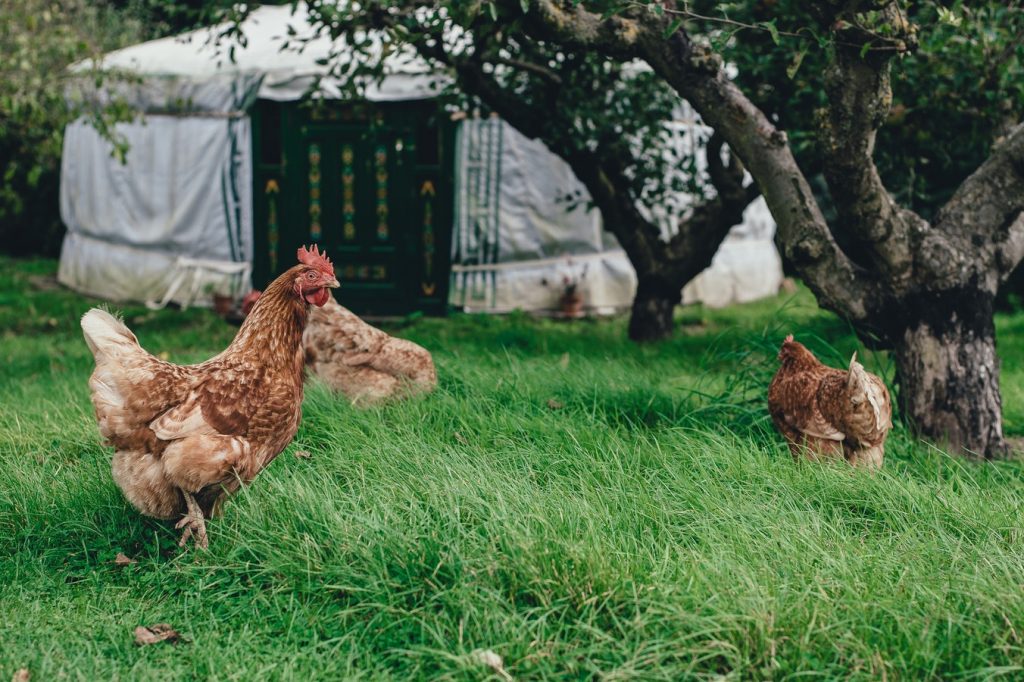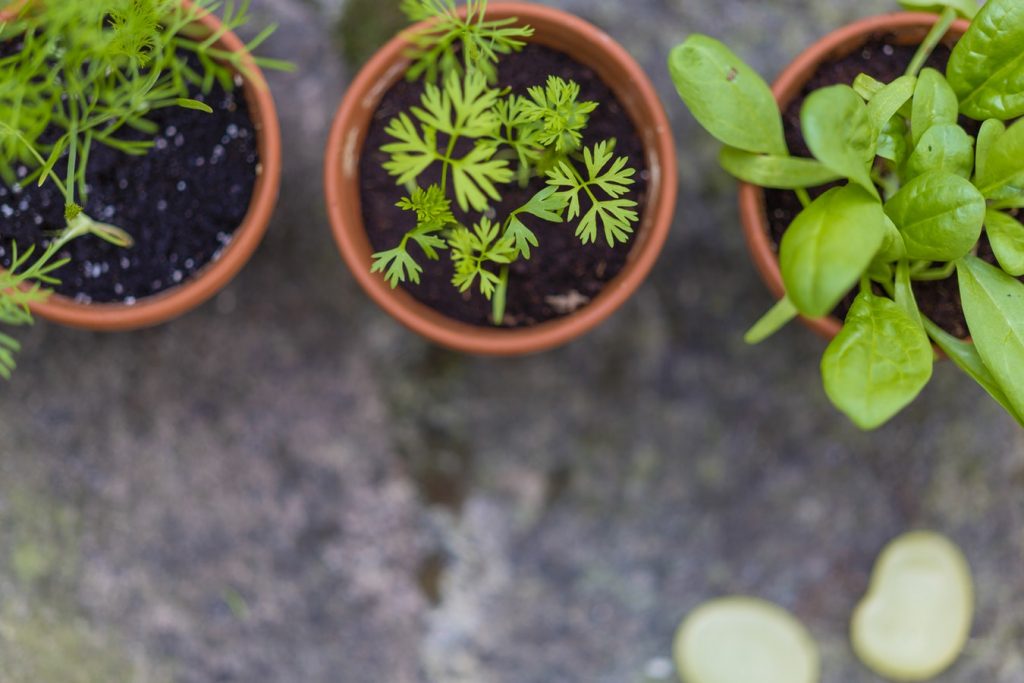Turning off the water while brushing your teeth and switching all your lights to energy efficient bulbs are great starting points, but the fact still remains that we (humankind) have a problem.

Modern life is filled with regular, daily activities that impact the environment. It can’t be avoided. The device that you are reading this on right now is powered by the very same resources that are depleting the atmosphere. Sigh.
The Scale of the Problem
The United Nations (UN) reports that nearly 500 million hectares (about 2 million square miles) of once-fertile land are abandoned. Land degradation compounds larger problems like climate change and global poverty. Desertification, a form of land degradation, threatens communities around the world. A large portion of this ties back to unsustainable agriculture. Today, the UN has set up a special task force to combat desertification and even given it a special day.
The last half century paints a scary picture of a future unrestrained. Water demand is projected to increase 55% by 2050, shooting fresh water management to the top of the environmental priority list. With 70% of global fresh water used for agriculture, you can see how efforts to conserve water by managing your morning and bedtime routine are only the beginning.
If you are freaking out a bit, hold on. Channel your Ujjayi breath, the victorious breath because we are an innovative and resilient species. And the yoga community is a group of doers. Reductionism is the key, but how can we rein it in? To borrow the phrase, it will be a little bit inconvenient, but here are some ideas to bring some joy to the effort:
1. Calculate your carbon footprint
Keeping track of your carbon footprint serves two purposes. First, calculators like this one provide vital information that can help make informed decisions. Second, in addition to lifestyle changes, you can also find opportunities to offset your carbon footprint by planting trees.
Suryalila Retreat Centre in Andalusia, Spain recently launched a program for guests to offset their carbon footprint from travel by donating money to plant trees on their expansive property. For example, air travel round-trip from the UK adds up to about four trees. You can donate money to plant in those trees in the Danyadara food forest on the property.
2. Get some chickens

Just three chickens will convert all of your food scraps into useful fertilizer and provide you with fresh eggs. If everyone owned three chickens, we could really put a dent in the agriculture problem. Around 5 billion eggs are thrown out from grocery stores because they are passed the date of sale. Also, chickens are really chill.
3. Responsible toilet use
You’ve heard “if it’s yellow, let it mellow” and that is a real thing. On average, households in the west use around 2 billion litres daily. You can help this out by limited flushing, updating your toilet and using a bucket to capture rain and shower water to use for a freebee flush here and there.
4. Use natural soap
These days you don’t even need to go full-on DIY to avoid chemicals and havoc-wreaking “beads” in your bath. Cosmetic companies like Lush offer shampoo bars, challenging the idea that shampoo must not be like soap and must come in a plastic bottle. The company also sells Charity Pot, a lotion that contributes to a donation pool for growing non-profit organizations.
5. Only do full loads of wash
We’ve all been there. No clean pants and you end up “just throwing a few things in.” You don’t have to! There is another way. If you keep a bucket in the shower (same bucket is a-okay), you can use this store of clean water for washing underwear and yoga clothes. Hang them to dry for longer-lasting garments and less energy use.

6. Sign up for a challenge
Organised events like bike to work month, zero waste for 30 days and eat local challenges are popping up all over. Instagram is also a great place to find a broader community to complete a challenge with. If you can’t find one, think about starting a new one in your community.
7. Be aware of where your food comes from
You don’t have to “never” eat avocados or quinoa, but be aware of how far these products travel before they reach your plate and what that means for the environment. Think moderation. So many of the “superfoods” cannot be found locally and this trend is doing damage across global populations. The same should apply if you choose to consume meat products.
8. Buy local
Once you know, you can make informed decisions about what you consume. Buying products that are produced locally and food from local farmers’ markets are a great way cut transportation costs and encourage the growth of small, sustainable businesses in your community.
9. Grow your own
There are all kinds of ways to grow your own produce. Raised beds, rooftop gardens and community spaces are great for the new gardener. There are tons of how-tos around the web. Keep in mind that many bugs are you friends and look into planting flowers that invite these healthy critters to your plot.

10. Compost
More on creepy crawlies. Worms are amazing composters. Vermiculture, the technical term for the activity, is possible in small-scale bins in the tiniest apartments. Use the compost to help maintain your healthy, vibrant garden.
Here’s your challenge:
Pick one (or more) of these and implement it in your daily life. Share your story, spread the word.
Let us know if this has inspired you and what changes you’ll be making!

Andrea Blumenstein is a full-time freelance writer currently dispatching from southern Spain where she writes prose, teaches yoga and fills in as an occasional garden laborer. In addition to Movement for Modern Life you can find her work in Louisiana Kitchen and Culture, Country Roads, Gambit Weekly, Rodale’s Organic Life and Paste Magazine. When not at the computer, she can be found jogging outside, dancing anywhere and everywhere, or, curled up with a book. Andrea also really likes cats and hanging out with animals in general.

Suryalila is a yoga retreat centre in Southern Spain where the wholesome nurture and care lavished upon guests is bestowed also upon the environment. Danyadara is their not-for-profit project which is transforming desert into productive land through tree planting.





Leave a Reply